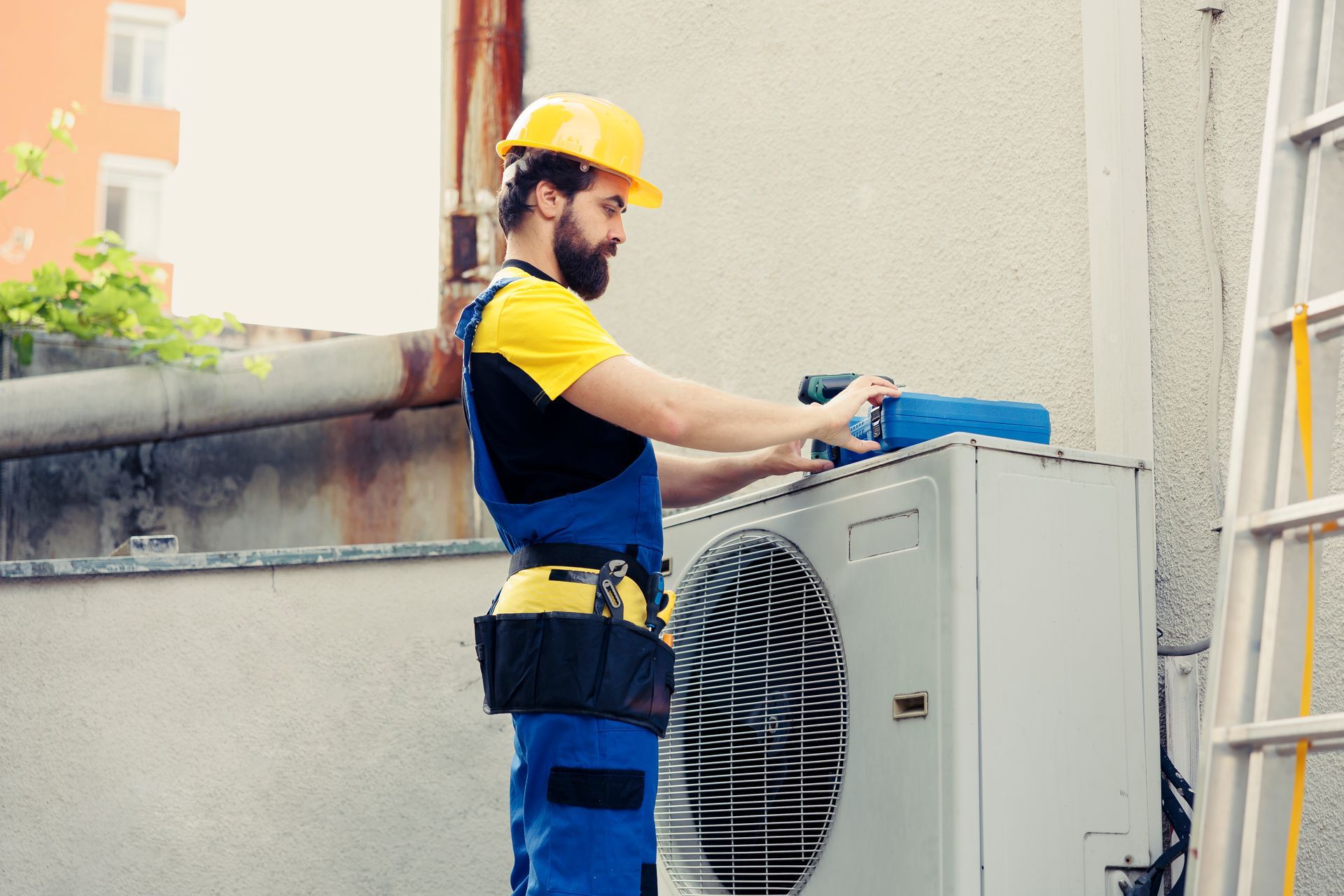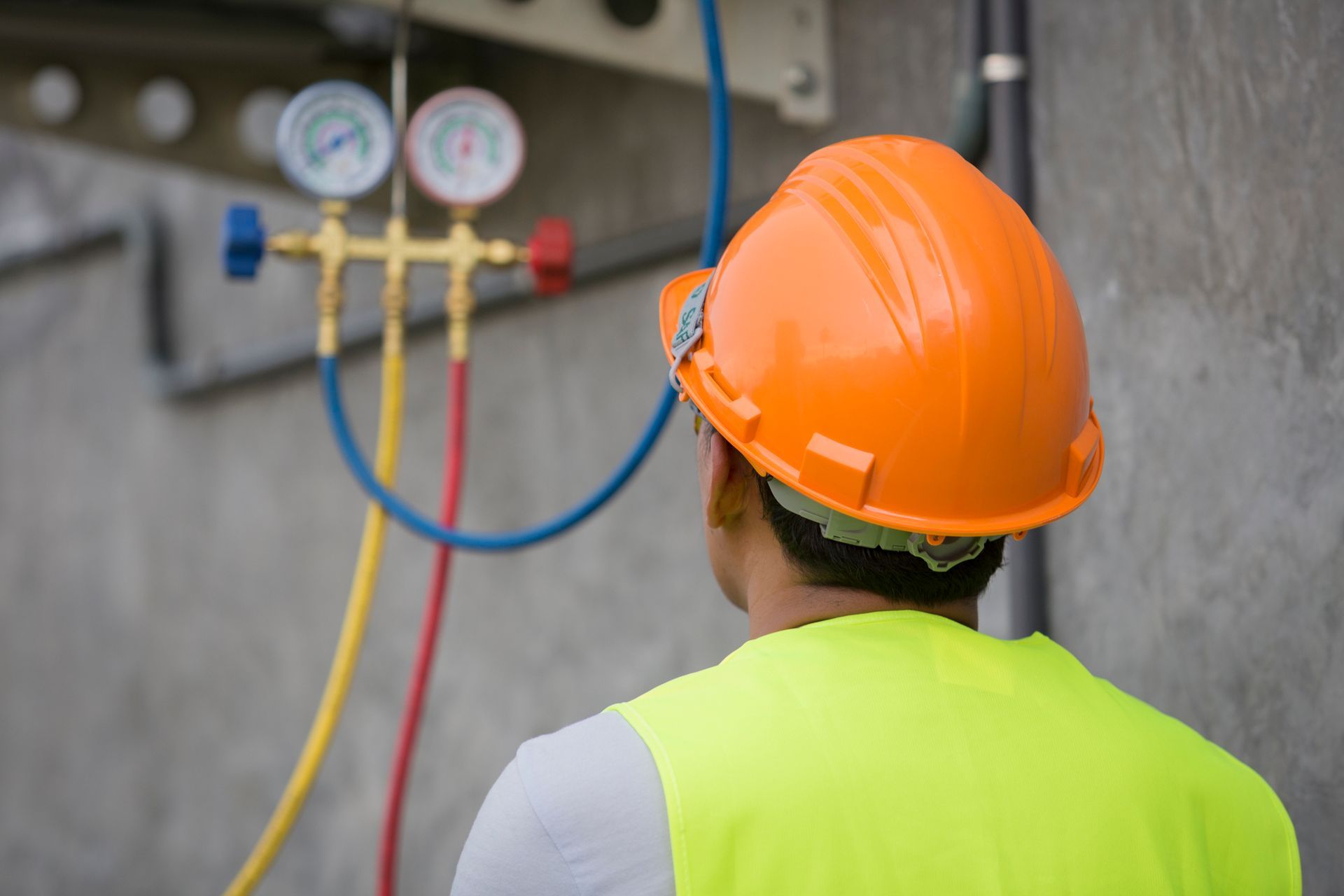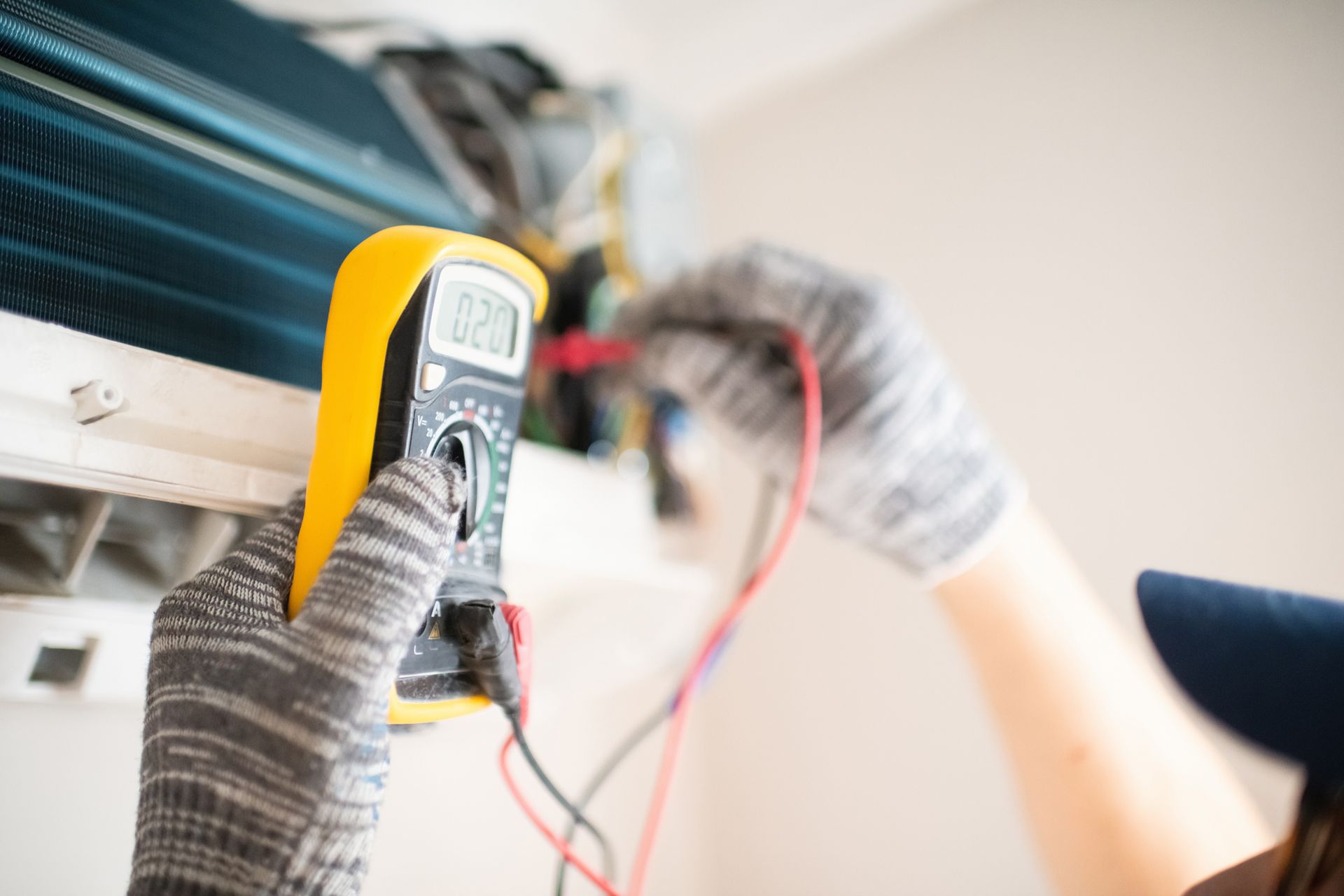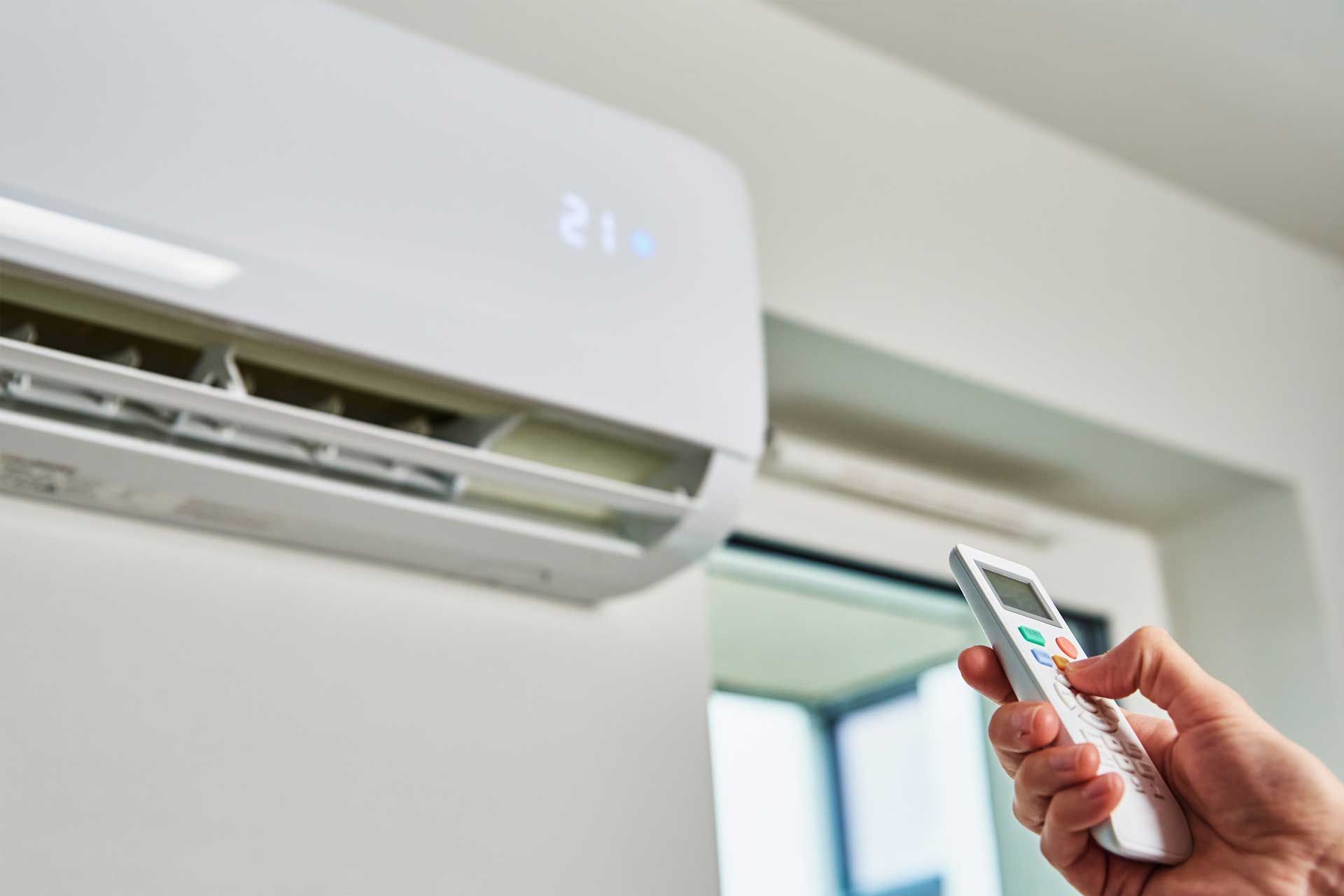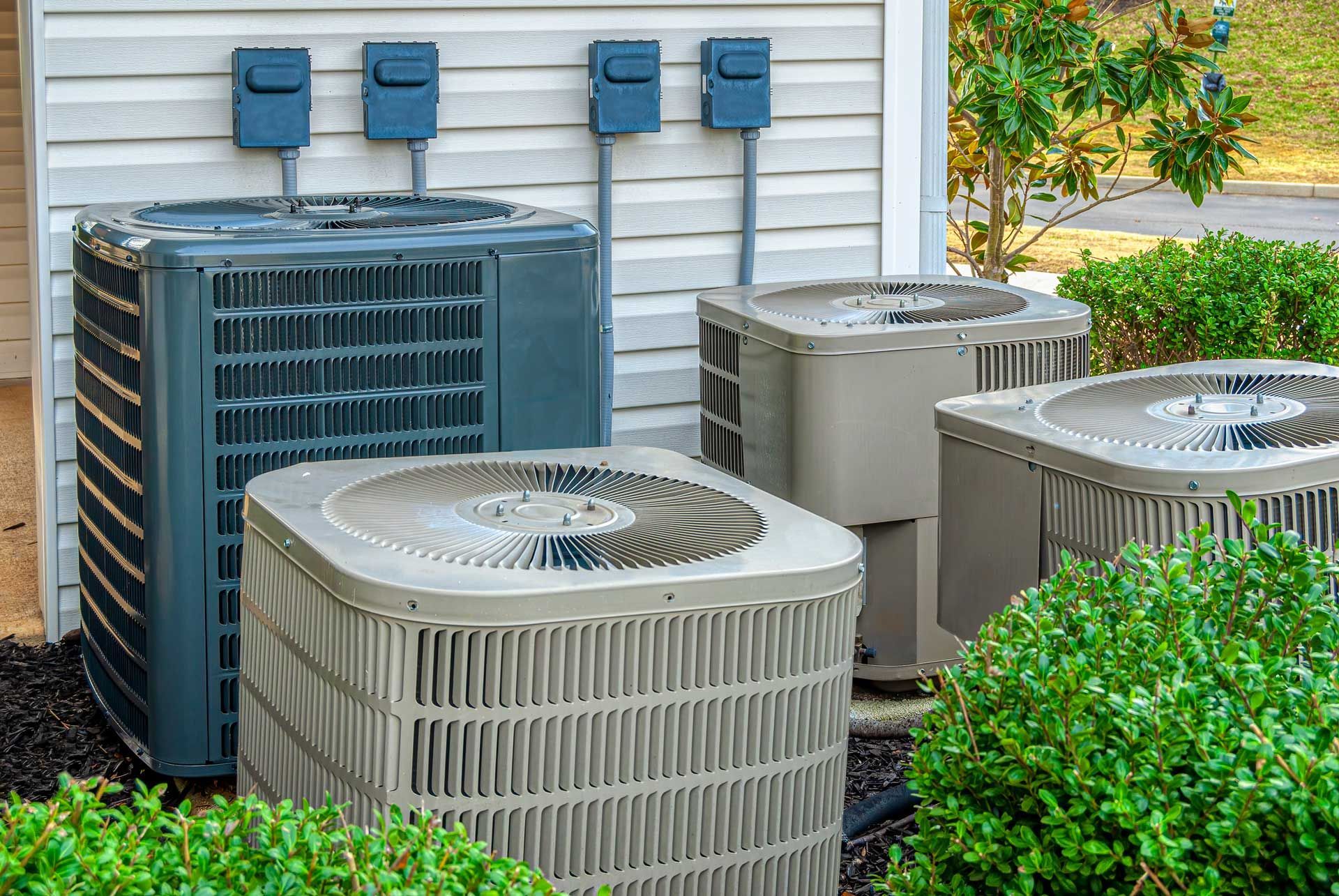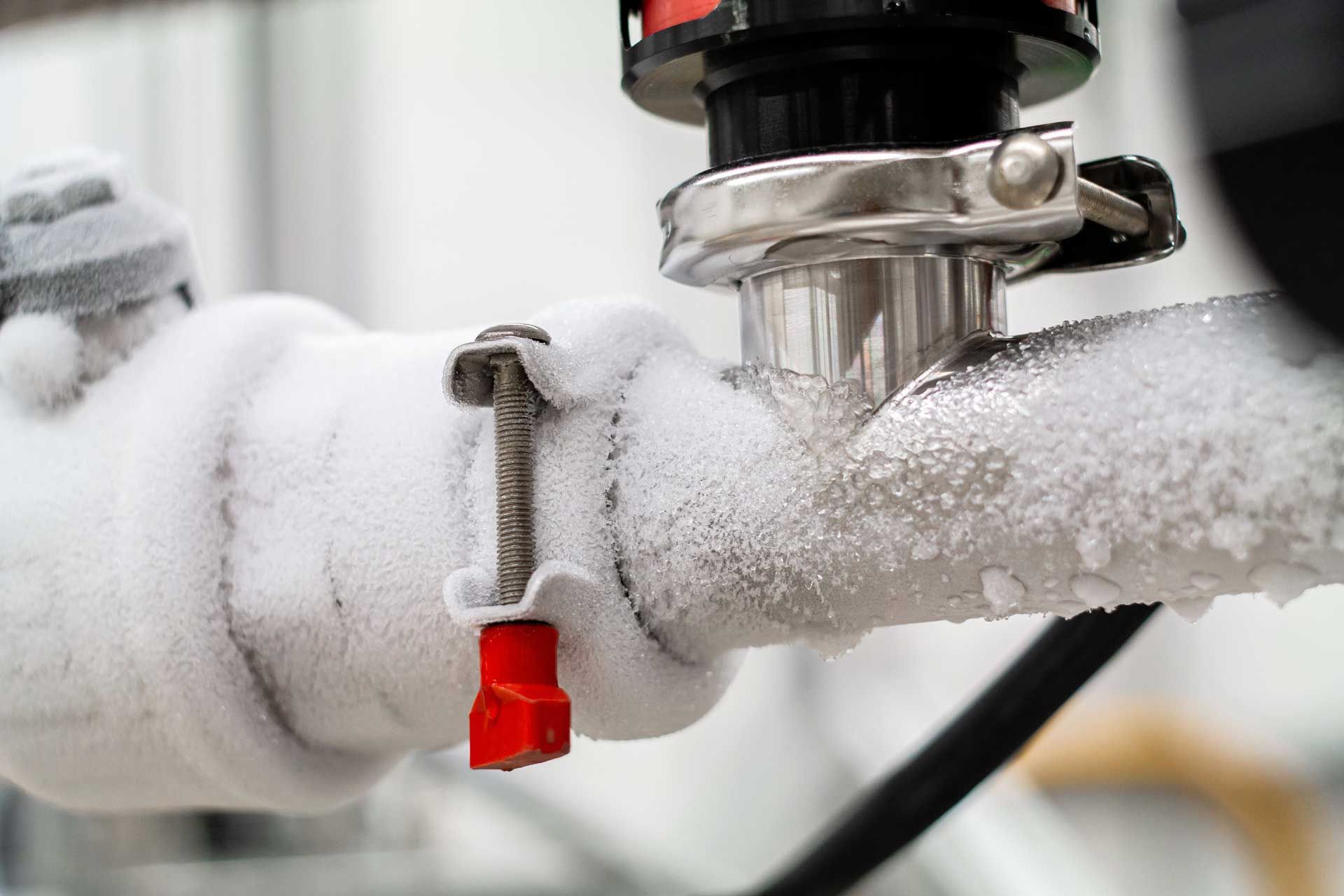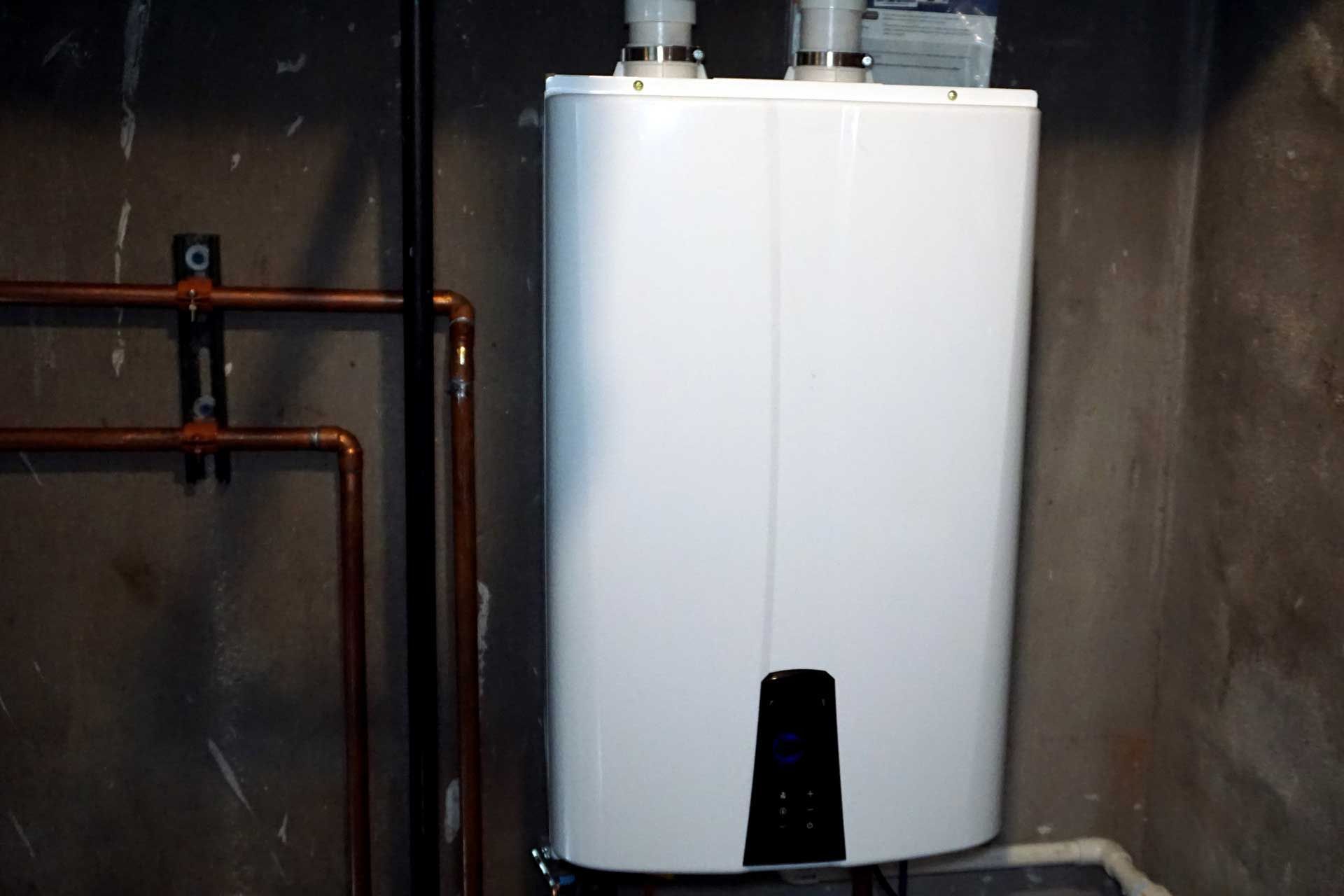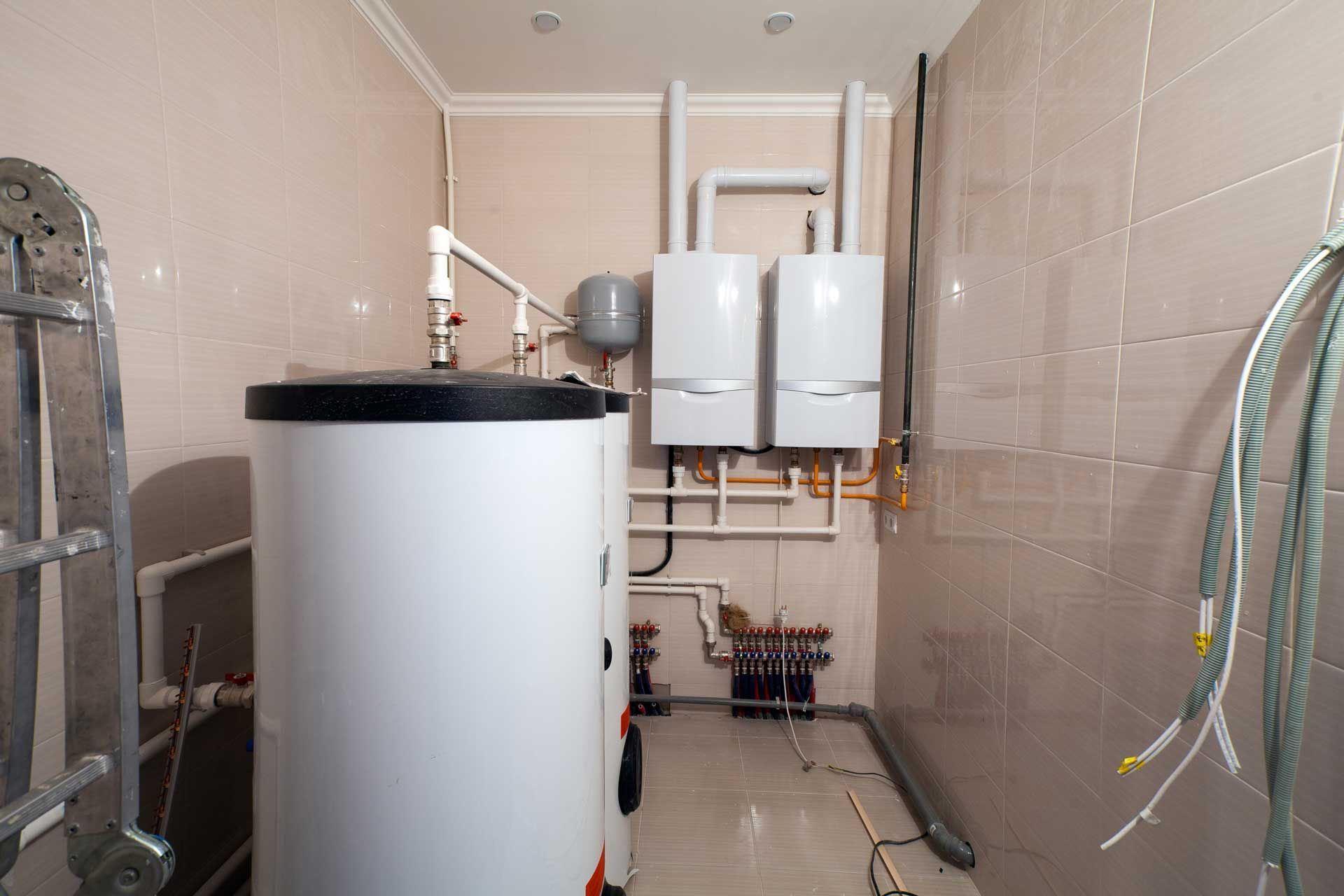4 Benefits of an Oil-to-Gas Furnace Conversion
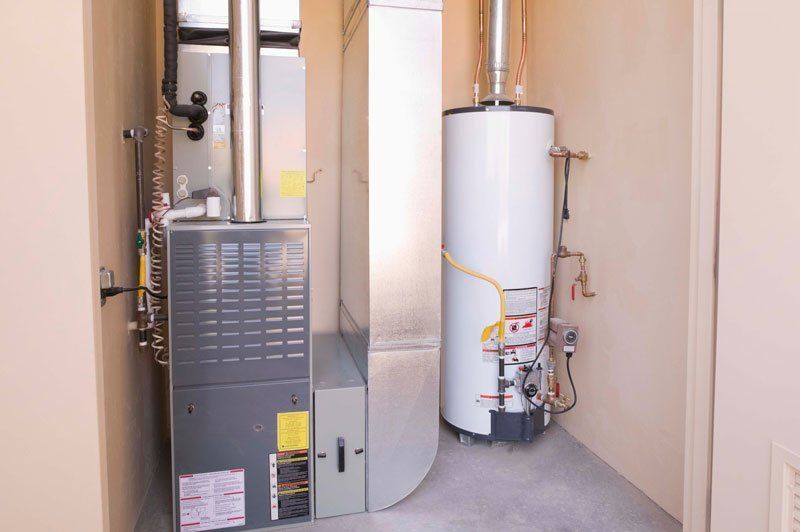
If your home has an oil-burning furnace and it's been working fine so far, you may not have thought much about switching fuel sources. However, you should know that your HVAC system is a big source of energy use in your home, and upgrading to a more modern heating solution can provide several benefits. Here are four reasons to consider an oil-to-gas furnace conversion. 1. Better Energy Efficiency While it's true that heating oil has a really high heat content by volume compared to other fuel, this doesn't mean that oil furnaces are the most efficient type. Natural gas furnaces have seen several more technological advances than their oil-burning cousins. Converting to a more energy-efficient furnace can result in a significant reduction in your monthly energy bill. A metric called Annual Fuel Utilization Efficiency (AFUE) measures the efficiency of a furnace. AFUE is a number between 0 and 100 that represents the percentage of fuel that is converted into heat. A high-efficiency gas furnace will often have an AFUE between 90 and 97. New oil furnaces often have an AFUE between 84 and 90 , but an old or poorly maintained unit can drop to 60 AFUE or less. 2. Lower Environmental Impact Improved furnace energy efficiency doesn't just affect your energy bill. Converting to a gas furnace is also a great option for homeowners who are environmentally conscious. Natural gas has long been considered the cleanest fossil fuel, as gas combustion produces markedly lower particulate and carbon dioxide emissions than other fuels. Switching from oil to natural gas also reduces your environmental impact indirectly. The US has abundant natural gas resources, while a large percentage of oil is imported. International transport of resources such as crude oil is a source of environmental pollution, and switching to natural gas reduces reliance on these supply pipelines. 3. Less Maintenance Heating oil is unstable and produces several byproducts during combustion. Failing to clean and maintain an oil furnace can result in a premature breakdown or reduced efficiency. Additionally, a technician must frequently clean filter elements, burner nozzles, and pump strainers to ensure that your furnace runs at optimum efficiency. The storage of heating oil also presents its own problems. Contamination by water and bacteria can cause heating oil to break down and form a sludge inside of storage tanks. This sludge can cause problems for your furnace by clogging fuel lines and burner nozzles; and since it is non-combustible, the furnace is out of operation until a professional can deal with the problem. 4. No Need to Monitor Fuel A reliable source of heat in the winter and during emergencies is paramount for any home. Since homes with oil heat rely on fuel oil deliveries, there is always a chance that your tank could run out of oil or the delivery could be interrupted when heating is essential. Furthermore, letting your tank get too low can stir up sediments in the bottom of the tank that can clog the system. Heating your home with natural gas is much more convenient because you don't have to keep a constant watch on your fuel levels. Instead, gas is available at all times through an underground line that runs directly to your home. This gives you peace of mind that your home has a readily available source of heat any time it's needed. An oil-to-gas conversion is a great way to save money, reduce pollution, and heat your home more reliably. Remember these tips when your home is ready for a new furnace, and rely on us at Preferred Mechanical Services for more HVAC tips and quality service.

